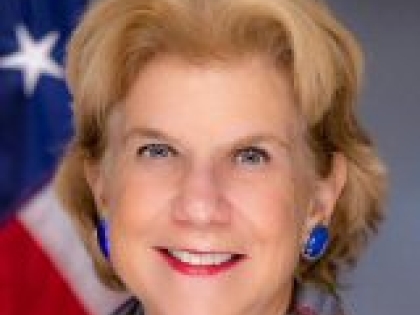
New York students now have a voice on school boards
Isaiah Santiago decided to run for the Rochester City School Board after he graduated high school at age 18.
“Won at 19. Made history locally as the youngest elected official in our history,” said Santiago, commissioner of education for the Rochester City School Board.
Two years later, he has not forgotten what it took to get a seat at the table.
“I’ll tell you, at 15, 16 years old, it was a fight. Around that time, locally, I was the only young person advocating and screaming for young people to be at the table. But it was also great as I traveled around the state to meet so many other youth advocates who were advocating for the same thing,” Santiago said.
Santiago and other current high school students like him are hopeful a new law, which went into effect July 1, makes their fight a little easier.
The law — sponsored by state Sen. Shelley Mayer (D - NY37) and Assemblymember Carrie Woerner (D - NY113), and signed into law by Gov. Kathy Hochul in September — adds a voice to the decision-making process, requiring all boards of education in the state to have at least one student member.
“It's very important that we get to voice our opinion and advocate for ourself to give them a perspective they're not familiar with,” said Rayhan Rashid, the current student representative for the Buffalo Board of Education.
The law allows student members to attend public meetings, but not executive sessions, and the student members aren't allowed to vote. It also removes the law requiring a student member seat to be authorized by referendum of the voters of the district.
“[A] majority of my peers wanted me to be in the board seat, which means now I owe my loyalty to my my students that I represent to the districts because they give me this seat, and my job is to represent them and present their voices and make sure their voices are heard. But if I'm pointed by individuals, then my loyalty is just to the individual,” Rashid said.
“People that lose hope in their district or hope in their board are starting to gain it back because when you have students on the board, you know that somebody in that board seat goes through what you go through yourself."
“It will be an opportunity for our young people who are advocates to ensure that their voices are heard during this time, because this is the foundation of what will follow in the future,” Santiago said.


